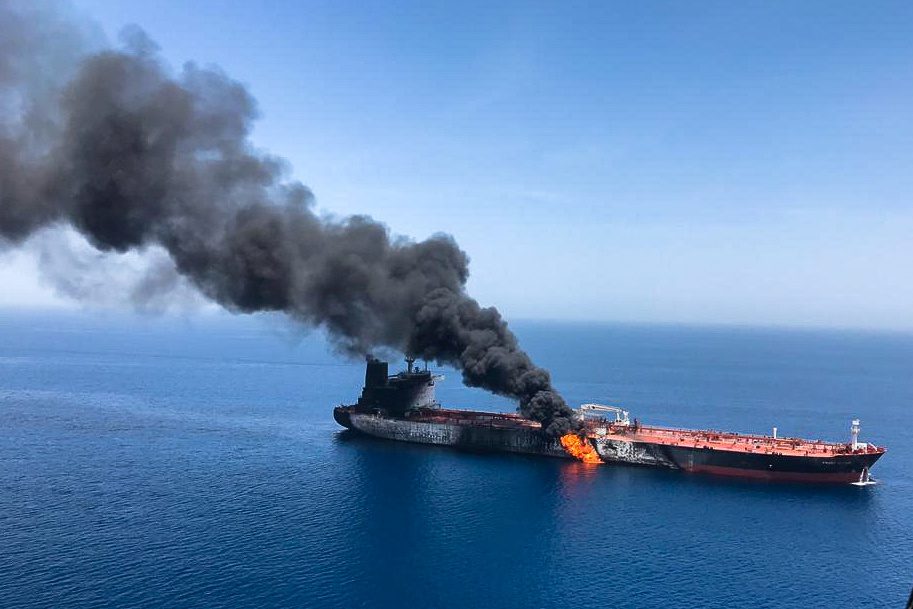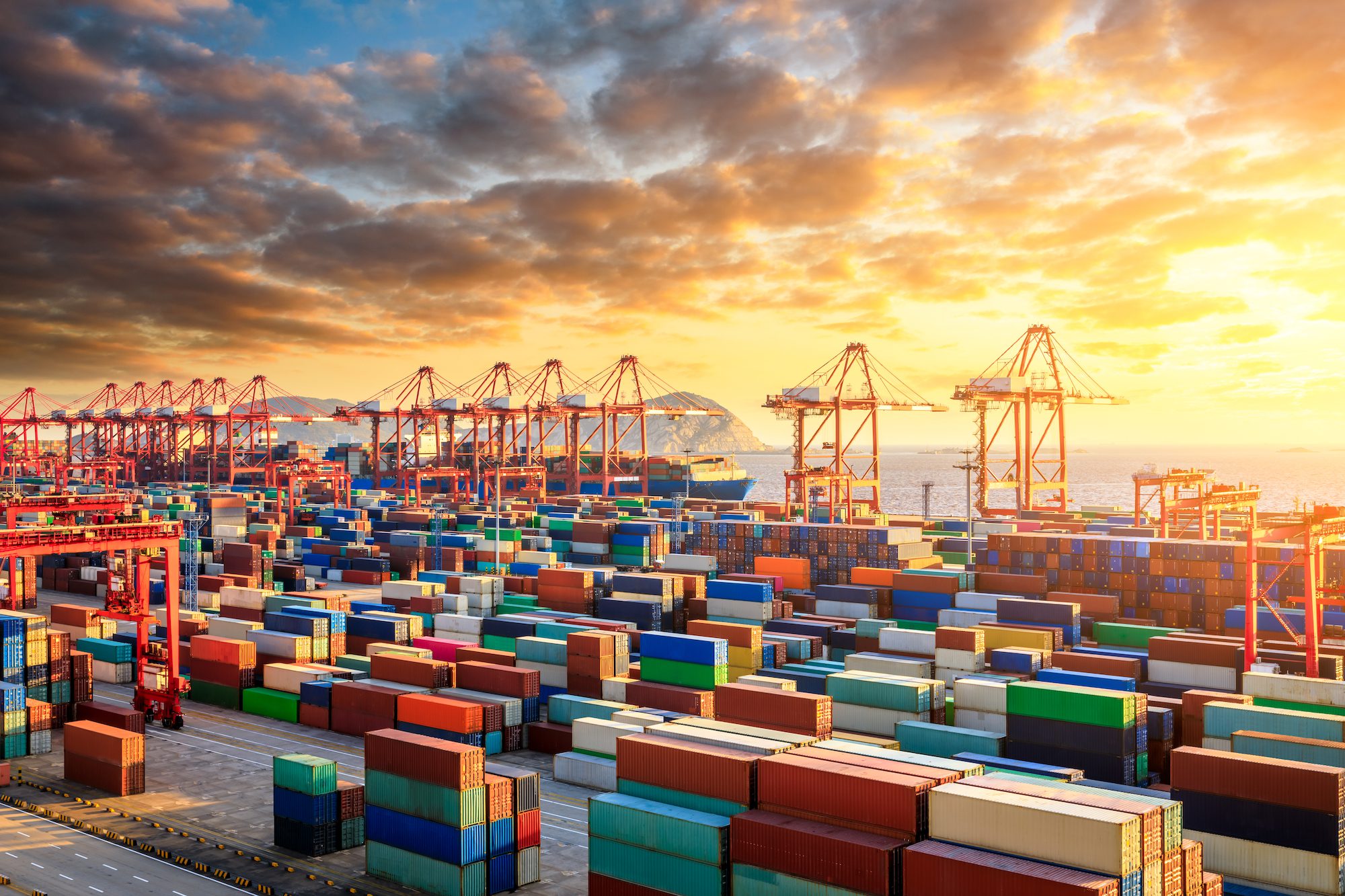An oil tanker is seen after it was attacked at the Gulf of Oman, June 13, 2019. ISNA/Handout via REUTERS
 By Aaron Sheldrick and Yuka Obayashi TOKYO, June 17 (Reuters) – Saudi Arabian Energy Minister Khalid al-Falih said on Monday that countries need to cooperate on keeping shipping lanes open for oil and other energy supplies after last week’s tanker attacks in the Middle East to ensure stable supplies.
By Aaron Sheldrick and Yuka Obayashi TOKYO, June 17 (Reuters) – Saudi Arabian Energy Minister Khalid al-Falih said on Monday that countries need to cooperate on keeping shipping lanes open for oil and other energy supplies after last week’s tanker attacks in the Middle East to ensure stable supplies.
While he did not outline any concrete steps after the attacks that damaged two tankers on June 13, Falih said the kingdom would do everything necessary to ensure safe passage of energy from Saudi Arabia and its allies in the region.
“We’ll protect our own infrastructure, our own territories and we are doing that despite the attempts to target some of our facilities,” Falih told reporters in Tokyo.
“But sea lanes of global trade need to be protected collectively by other powers as well. We believe that’s happening, but we need to make sure the rest of the world pays attention,” he said after a Japan-Saudi investment conference.
Falih expects the Organization of the Petroleum Exporting Countries (OPEC) and other producers including Russia to meet the week after the G20 summit to be held in Osaka on June 28-29, to discuss an extension of a supply output cut agreement.
OPEC and other producers, an alliance known as OPEC+, have a deal to cut output by 1.2 million barrels per day (bpd) from Jan. 1. The pact ends this month and the group meets in coming weeks to decide their next move.
Falih said that OPEC was moving was towards a consensus on extending the agreement.
He said earlier this month that OPEC was close to agreeing to extend a pact on cutting oil supplies beyond June, although more talks were still needed with non-OPEC countries.
When asked if Russia is going to agree to continue the cuts, Falih said “absolutely.”
“We are maintaining the proper levels of supply that we have been having to bring inventory levels to where they belong. I hope that will continue in the second half with the assurances I have received from all the OPEC+ countries,” he said.
There was full commitment to put in place “a long term framework between the OPEC+ coalition to ensure that we work together” from next year, he said.
Oil demand growth has held up despite trade disputes roiling global markets, Falih said, adding he expects worldwide demand to be above 100 million barrels per day this year.
“We are not seeing a slowdown from either China, the U.S., India or other developed economies,” Falih said.
“The impact has been more on the sentiment side and fear, rather than actual impact,” he said. (Reporting by Yuka Obayashi and Aaron Sheldrick; editing by Christian Schmollinger and Alexander Smith)
(c) Copyright Thomson Reuters 2019.

 Join The Club
Join The Club











